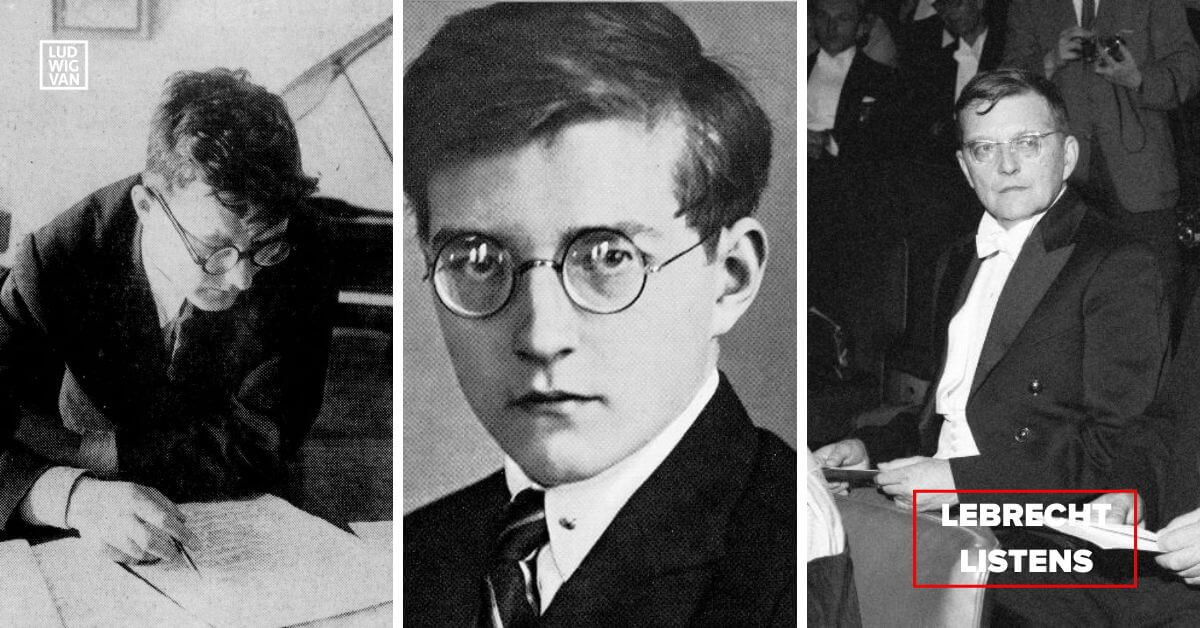
Dmitri Shostakovich: Symphonies Nos. 2, 3, 12 & 13 (DG)
★★☆☆☆
I can’t remember a pre-Christmas season that started so sluggishly, without an obvious blockbuster on display. DG and Sony are leading with cultish solo pianists; Warner are dormant. Jonas Kaufmann is singing weakly about cinema. There are no big releases out there to drive a healthy economy.
I turned to the continuation of the Boston Shostakovich cycle, which I have reviewed before with some enthusiasm. The conductor Andris Nelsons is a Latvian who grew up in a post-Soviet country still shadowed by Shostakovich’s ghosts. The Boston Symphony Orchestra sound stronger on record than any of the original Russian performers, and the sense of two musical superpowers colliding in controversial works adds a frisson of excitement to an ambitious enterprise.
This latest instalment in the cycle contains three unsaleable symphonies and an indomitable fourth. Shostakovich’s second symphony celebrates the tenth anniversary of the Bolshevik Revolution, the third its global holiday, May Day. The composer, still naively hopeful about communism, produces puppyish frolics in rose-tinted sonorities. In his 20s, he can be forgiven for naivety.
The 12th symphony, ‘the year 1917’, arrives three decades later, burying the composer’s disillusionment beneath a propagandist title. The 13th symphony is Babi Yar, Shostakovich’s great moral outcry against institutional Soviet antisemitism and Holocaust complicity. Each of these troubling works requires a rare amalgam of intellectual clarity and physical propulsion.
Nelsons does not impress on either count. These are over-simplified, underpowered readings of four large scores. In the second and twelfth symphonies, there are moments you can almost hear the music running out of gas. In Babi Yar, orchestra and chorus pound away at unrewarding tempi. The baritone soloist Matthias Goerne does his best. But, the conductor seems absent from the room, unwilling to commit to one resolution over another. This is a dispiriting album. Let’s hope the label has something stronger in store in the vital sales weeks ahead.
To read more from Norman Lebrecht, subscribe to Slippedisc.com.
#LUDWIGVAN
Get the daily arts news straight to your inbox.
Sign up for the Ludwig van Daily — classical music and opera in five minutes or less HERE.
- LEBRECHT LISTENS | Klaus Tennstedt’s Conducting Genius Revealed In Live Radio Recordings - July 26, 2024
- LEBRECHT LISTENS |Alexandra Dariescu And The Philharmonia Orchestra Tackle Clara Schumann & Grieg - July 19, 2024
- LEBRECHT LISTENS | Yundi Gives Mozart A Revelatory Makeover On The Sonata Project — Salzburg - July 12, 2024



